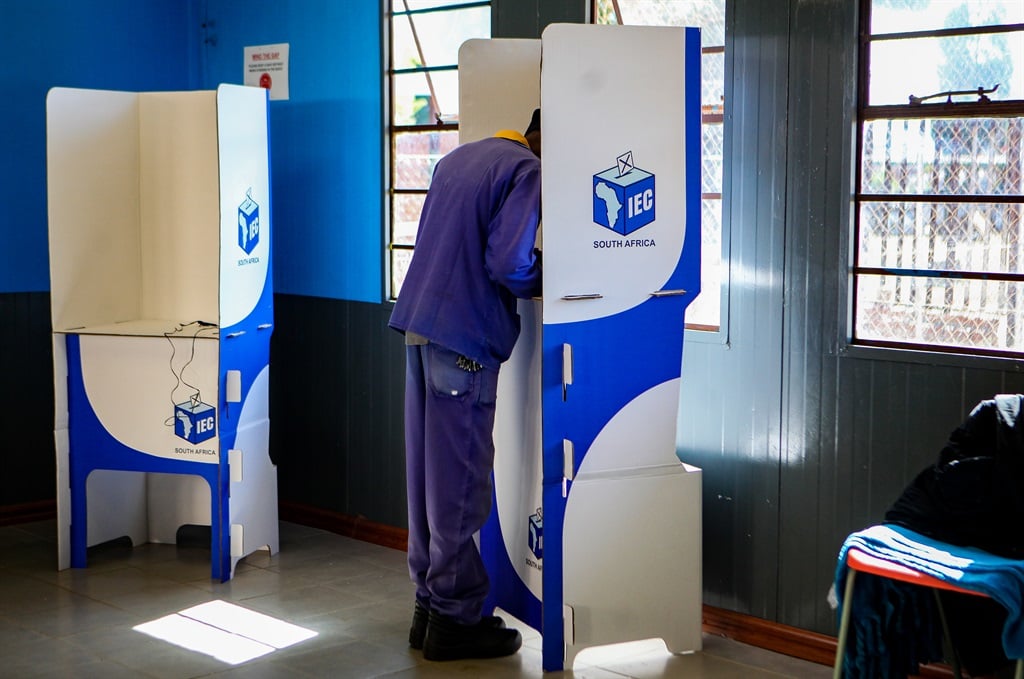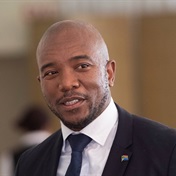
The municipal elections without doubt, be conducted against the backdrop of one of the most tumultuous periods since the country’s democratic transition, writes Jan Hofmeyer. He breaks down why.
On 1 November, South Africans will, for the fifth time, get the opportunity to cast their vote in democratic local government elections to choose those that will represent them in the sphere of government that most directly affects their lives. When viewed against the backdrop of our history, their conduct within the appointed time frame remains a significant milestone. Particularly, in this year, after initial pandemic-induced uncertainty about whether they would take place at all, their occurrence is an even more remarkable achievement.
But celebrations aside, there is no room for complacency.
Several events over the past year have surfaced several self-inflicted frailties that make the country vulnerable at a time when it can least afford it. In many respects, therefore, the conduct of these elections will be a litmus test for our democracy.
This poll will, without doubt, be conducted against the backdrop of one of the most tumultuous periods since the country’s democratic transition. The shadow that the pandemic has cast over our country still looms large, and in almost all respects, it has amplified and exacerbated pre-existing structural weaknesses. As a result, many, if not most, are experiencing excruciating levels of material anxiety.
READ | Opinion: Andre Vlok: Are our politicians equipped to deal with conflict?
Unfortunately, there is little prospect for reprieve in sight. The drivers that sustain these circumstances are likely to remain with us for the foreseeable future.
After contracting substantially in 2020, economic growth is once again in a positive trajectory but remains subdued. At any rate, it will not even come close to making a dent in a conservatively estimated unemployment rate of a third of the working-age population. Following successive credit rating downgrades and corruption-related drains on the fiscus before and during the pandemic, our government, for its part, has struggled to find the resources to alleviate the plight of those worst affected, let alone kick-starting the economy.
Amid this perfect storm, the growing cost of living is afflicting additional pain on already battered households. With a global supply chain crisis brewing and, as a result, mounting fears of stagflation, the prospects for reprieve from a surge in the global economy are therefore limited.
These local and global drivers are consequential for the November polls and, more broadly, shaping our country’s political culture. This has been borne out in public opinion data from the most recent Afrobarometer survey for South Africa conducted in June this year.
The survey tracks public opinion on governance issues across the African continent, including South Africa, points to worsening living conductions and growing disillusionment with politics to fix this predicament. In terms of the latter, the results point to a long-term regression in the esteem that respondents hold for democratic institutions, political parties and their leaders and, more broadly, the system itself.
Trust in government
Some of these findings have been presented in a recent paper by Mikhail Moosa and the present author. The picture that emerges is one of pervasive trust deficits across the country’s governance system. This relates to institutions in the legislative, executive, and judicial arms of the state and the three spheres of government.
Since 2006, when Afrobarometer started measuring trust in institutions, the percentage of respondents indicating their trust in the national Parliament has, for example, halved from 54% to 27% in 2021. During the same period, trust in the ruling party has plummeted from 62% to 27%, while opposition parties have failed to capitalise on this decline, with comparative figures of 29% and 24% for 2006 and 2021.
Among the three spheres of government, local councils, the focus of the upcoming elections, have fared particularly dismally. Less than a quarter of respondents have indicated that they trust officials in this sphere of government to execute their mandate. This finding should not come as a surprise against the backdrop of deteriorating Auditor-General reports for local governance.
What should be of particular concern in the run-up to these elections is the trust that citizens extend to institutions that will or can still stand central to the oversight of these elections. In 2006, 56% of respondents to the Afrobarometer survey signalled trust in the country’s Independent Electoral Commission. By June 2021, when the survey was conducted, this figure declined by 20% to 26%. In light of this, a scenario cannot be excluded where some results may be contested within the country’s courts. However, the same survey also found that trust in the country’s courts of law have deteriorated from 69% in 2006 to 42% this year.
Future of democratic government a concern
Combined these findings point to a broader challenge to the legitimacy of the country’s democratic system as a whole. Citizens appear to be increasingly distrustful of elected officials and institutions and the broader checks and balances that are in place to prevent an abuse of power in these institutions. In this regard, one of the most shocking findings of the most recent survey has been that more than two-thirds of respondents (67%) indicated that they were willing to forego elections in return for a government that can impose law and order, deliver houses and create jobs. Of particular concern is the fact that this sentiment is most prevalent among the younger age cohorts within the survey. Sixty-nine percent of respondents aged 18 to 25 responded in the affirmative to this statement, while this was the case for 71% of respondents in the 26 to 35 category. In short, the future of our democratic system at this particular juncture appears to be tenuous.
Hopefully, these findings should serve as a sobering evidence to political parties of the combustible context within which they will be running their campaigns. How they conduct themselves prior to and after the conclusion of the poll will potentially have long-term consequences for the resilience of our governance system as a whole. Frequently derided for being short-termist in their approach to attracting voters at the expense of long-term structural challenges, we can only hope that both the governing and opposition will display the necessary judgement and restraint to put the country’s long-term interests above their own.
- Jan Hofmeyr: Programme Head for Research and Policy at the Institute for Justice and Reconciliation
To receive Opinions Weekly, sign up for the newsletter here.
*Want to respond to the columnist? Send your letter or article to opinions@news24.com with your name and town or province. You are welcome to also send a profile picture. We encourage a diversity of voices and views in our readers' submissions and reserve the right not to publish any and all submissions received.
Disclaimer: News24 encourages freedom of speech and the expression of diverse views. The views of columnists published on News24 are therefore their own and do not necessarily represent the views of News24.




 Publications
Publications
 Partners
Partners
























